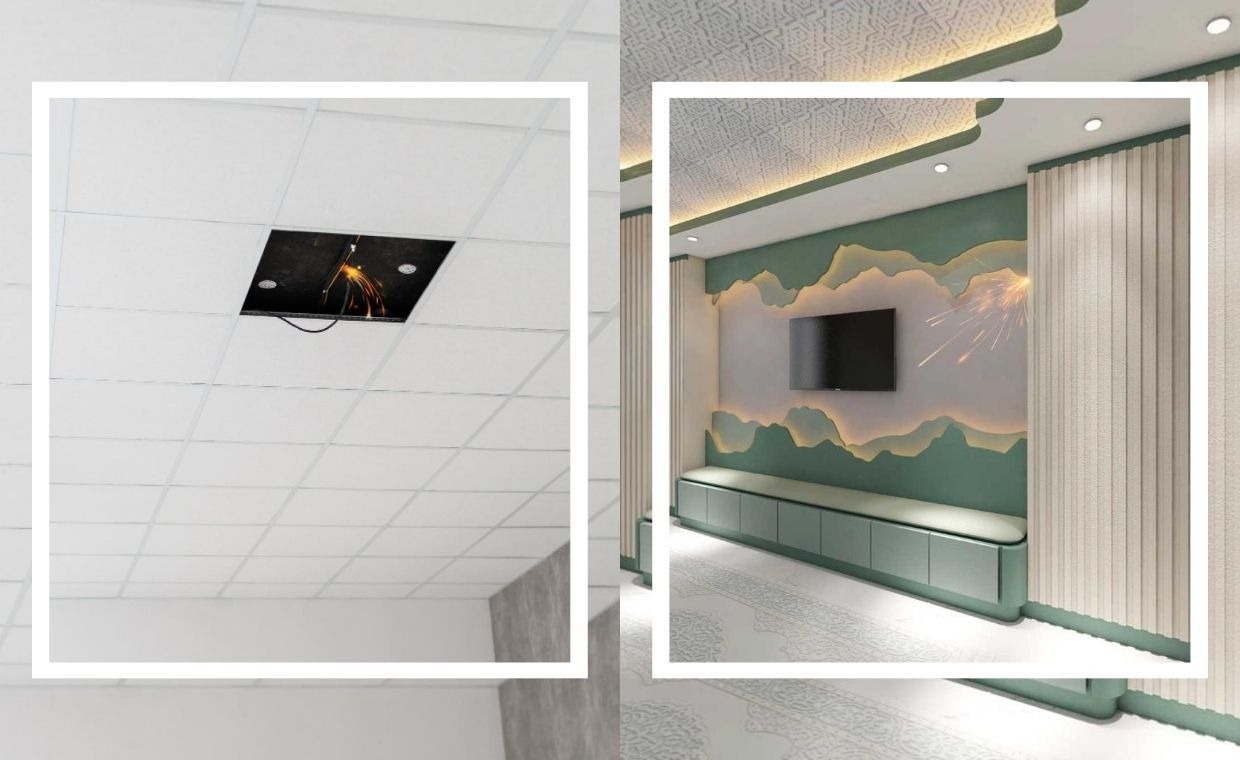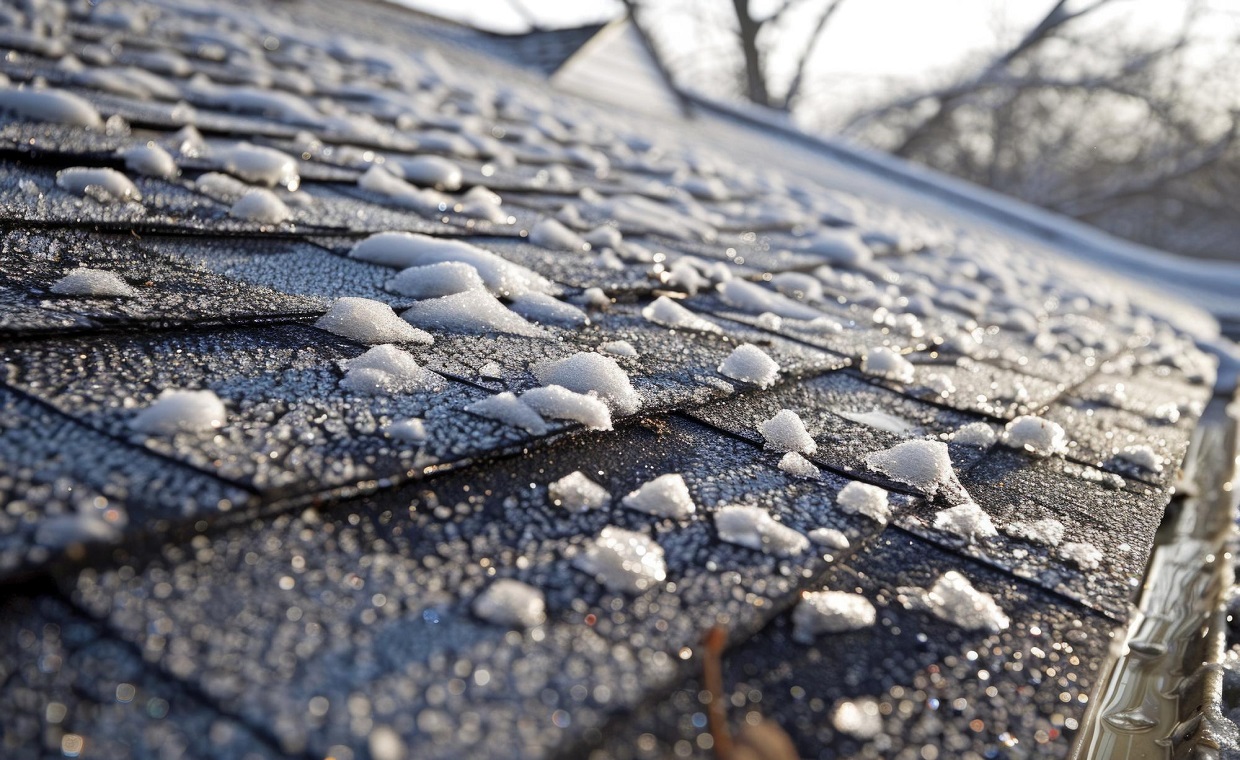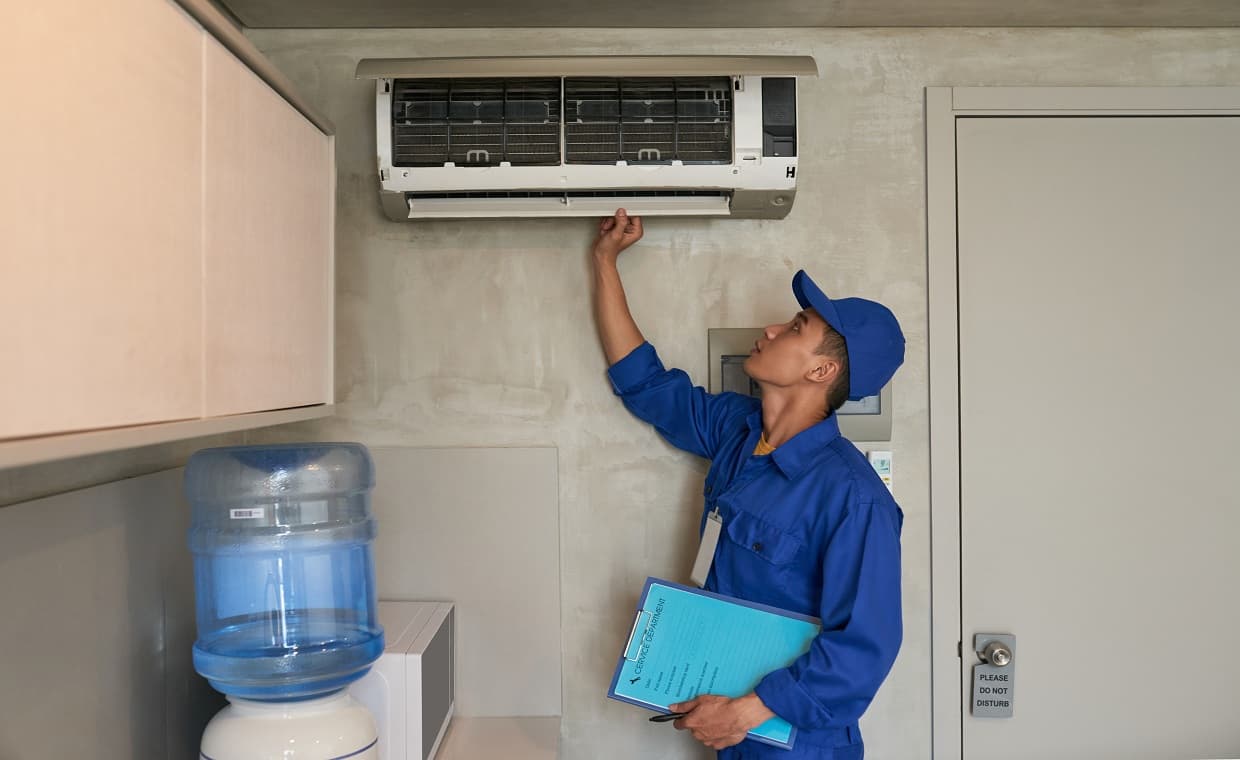
Table of Contents
Quick Summary
- Weak AC airflow can stem from clogged filters, blocked ducts, or faulty blower motors.
- DIY checks include replacing air filters, clearing vents, and cleaning outdoor units.
- Ductwork issues like leaks and kinks often require professional inspection.
- Blower motor testing and replacement help restore airflow efficiency.
- High humidity can make airflow feel weaker, needing dehumidification.
- Modern tools like TrueFlow provide precise airflow measurements.
- Proper AC sizing ensures efficient airflow and cooling.
- Professionals use airflow tests, static pressure checks, and inspections to fix issues smartly.
A weak AC system can feel like a bad joke when the Texas heat reigns down over your home. If your air conditioner isn’t pushing out enough cool air, you might be dealing with airflow problems that compromise your comfort.
If you are one of the many Texans that hesitate seeking AC repair in Lewisville, TX, you need not suffer through weak cooling. The problem is entirely fixable with expert intervention. Here’s how they do it the smart way.
Common Reasons Your AC Struggles with Airflow
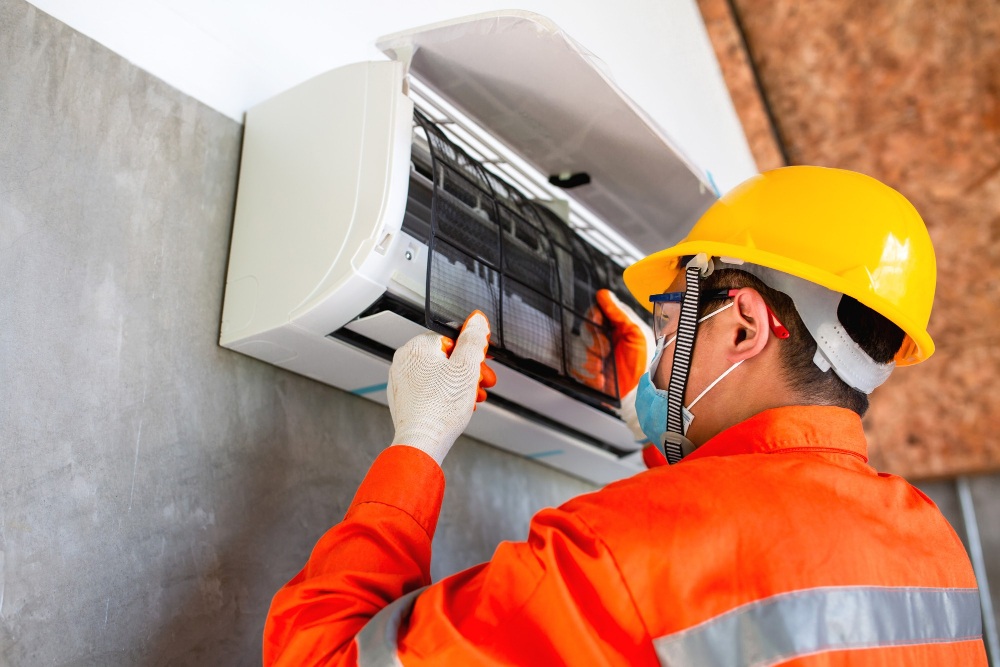
What causes weak airflow can be narrowed down to a handful of issues. Some problems are easy to fix yourself, while others demand professional expertise.
Here are the most frequent culprits:
- Clogged air filters: Dirty filters choke the airflow.
- Blocked or leaky ducts: Air escapes before it reaches your vents.
- Improperly sized AC units: Too small or too large means inefficient airflow.
- Faulty blower motors: If they’re dirty or failing, airflow will suffer.
An HVAC specialist from AC repair services, “Ignoring weak airflow strains every part of your AC system. Solving it early prevents bigger, more expensive repairs later.”
Start with DIY Airflow Checks
Most handy homeowners can try a few basic troubleshooting steps whenever their cooling system’s performance plummets. These quick checks might resolve minor issues or at least give your insight before a service call.
- Keep vents fully open and unblocked.
- Check and replace your air filter if it’s dirty.
- Inspect the outdoor unit for debris or dirt buildup.
- Feel for uneven temperatures or weaker air in certain rooms.
If these steps don’t help, you’ll likely need a technician to investigate deeper causes.
Why Air Filters Matter More Than You Think
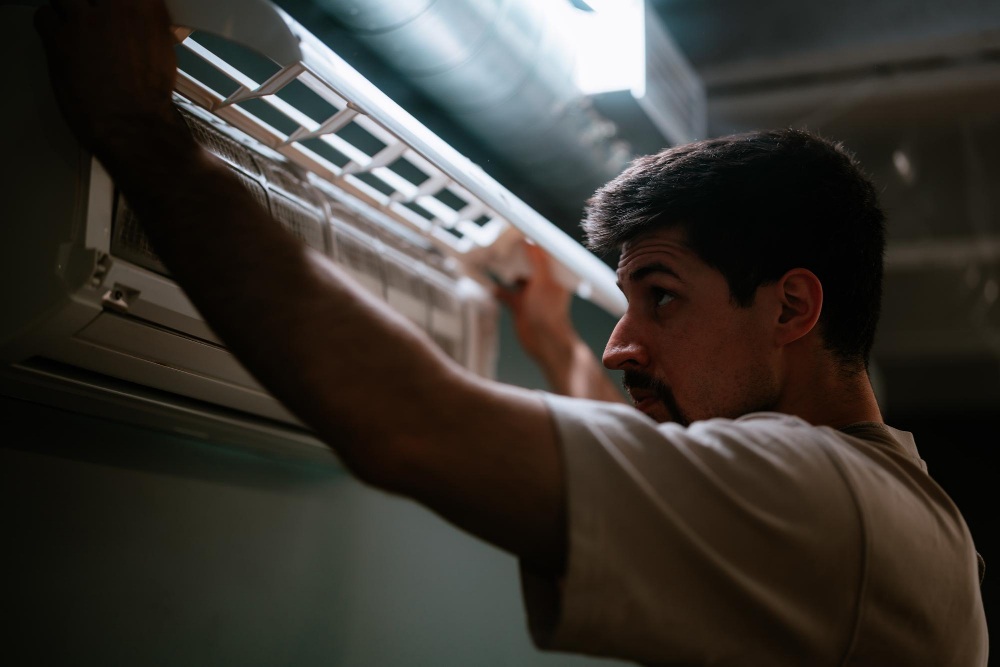
Air filters don’t just keep dust out of the air-they’re key to maintaining steady airflow. A clogged filter forces the blower motor to work harder, straining the system and reducing airflow to your rooms.
Change your filters every 1 to 3 months, especially if you have:
- Pets that shed
- Allergies
- High dust levels in your area
Clean filters mean your AC doesn’t have to work hard to do what it should.
Understanding Your Ductwork: The Hidden Problem
If there are leaks, kinks, or blockages in your HVAC’s ductwork, your airflow weakens, no matter how strong your unit is.
Common duct problems include loose sections, collapsed ducts, or poorly insulated ducts. A professional duct inspection can reveal hidden issues, especially in older homes.
The Role of Blower Motors in Pushing Air
The blower motor is the powerhouse that pushes air through your home. This information is crucial, as your technician may recommend having this exact component replaced if it malfunctions.
Experts clean and test blower motors during maintenance. If the motor is beyond repair, replacing it restores proper airflow and efficiency.
Humidity’s Sneaky Impact on Airflow
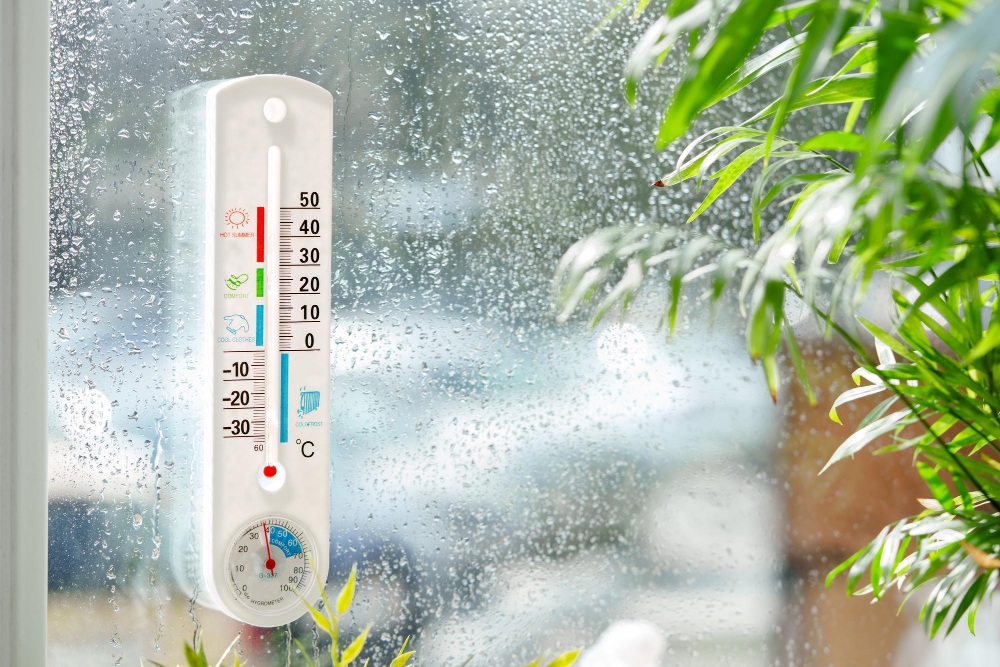
Even good airflow can feel lacking when it’s excessively humid. That’s because high humidity makes indoor air feel heavier and warmer, reducing comfort even if your AC is working properly.
Proper airflow helps dehumidify your home. But if your system can’t remove enough moisture, a dehumidifier or system upgrade might be necessary.
Precision Diagnosis with the TrueFlow System
Professionals now use advanced tools to diagnose airflow problems accurately. This technology provides real-time airflow measurements that are far more precise than guesswork.
By combining these readings with static pressure tests, experts can pinpoint:
- Undersized ducts
- Fan speed problems
- Blockages in the system
As a local technician says, “With modern tools, we no longer rely on assumptions. We get exact data to guide repairs.”
The Danger of Undersized or Oversized AC Units
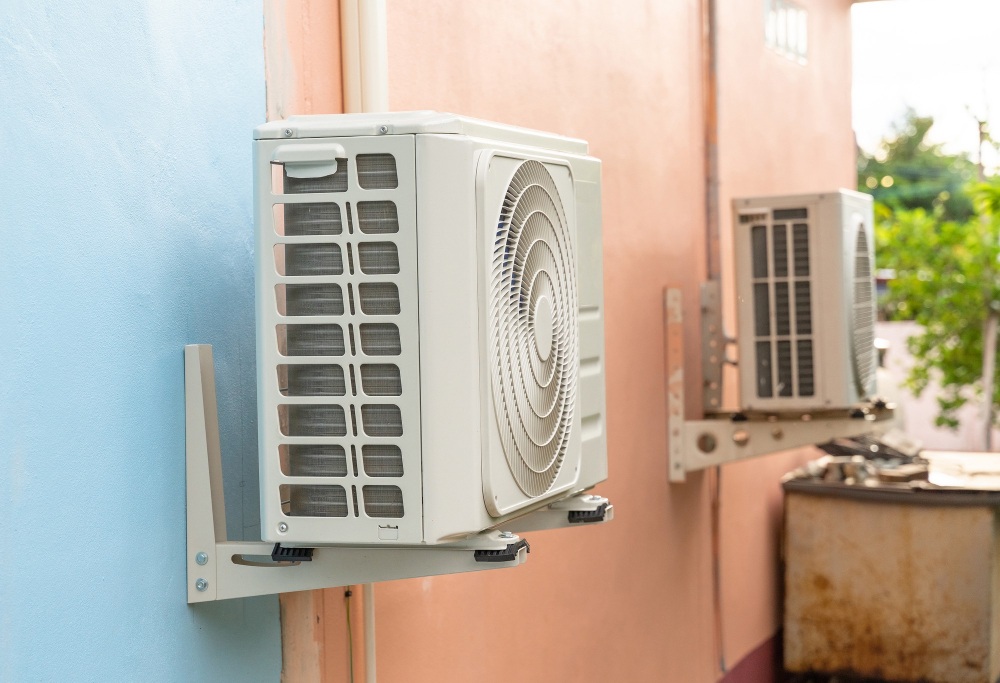
Size matters. An AC unit that’s too small can’t deliver enough air to cool your home, while one that’s too big short-cycles, never running long enough to circulate air properly.
Professional HVAC sizing ensures your unit matches your home’s needs based on:
- Square footage
- Number of rooms
- Ceiling height
- Insulation quality
Sizing may be the root problem if your AC has never seemed quite right.
What to Expect During a Professional Airflow Test
During a professional service visit, expect technicians to follow a thorough approach. This is necessary to find more lasting solutions, instead of temporary patchwork. The process may include:
- Visual inspection of vents, ducts, and the air handler.
- Airflow measurement using devices like TrueFlow.
- Static pressure testing to evaluate duct resistance.
- Recommendations for repairs or improvements based on data.
Ignoring airflow problems is asking for discomfort. If you don’t want to suffer through unbearable indoor heat, hire professionals from an AC repair company who have the tools and expertise to restore your AC’s power.
Also Read: Invisible Climate Control: The Luxury Upgrade Smart Homeowners Choose
FAQs: AC Airflow Problem
Q1: What are the most common causes of AC airflow problems?
Clogged filters, leaky ducts, faulty blower motors, and incorrectly sized AC units are the usual culprits.
Q2: Can I fix weak AC airflow myself?
Yes, by replacing filters, unblocking vents, and cleaning the outdoor unit-but deeper issues need a professional.
Q3: How do professionals test AC airflow?
They use tools like TrueFlow meters and static pressure tests to get accurate airflow readings.
Q4: Why does humidity make my AC feel weaker?
High humidity makes air feel warmer and heavier, reducing comfort even with good airflow.
Q5: How often should I change my AC filter to avoid airflow problems?
Every 1–3 months, depending on pets, allergies, and dust levels in your area.























